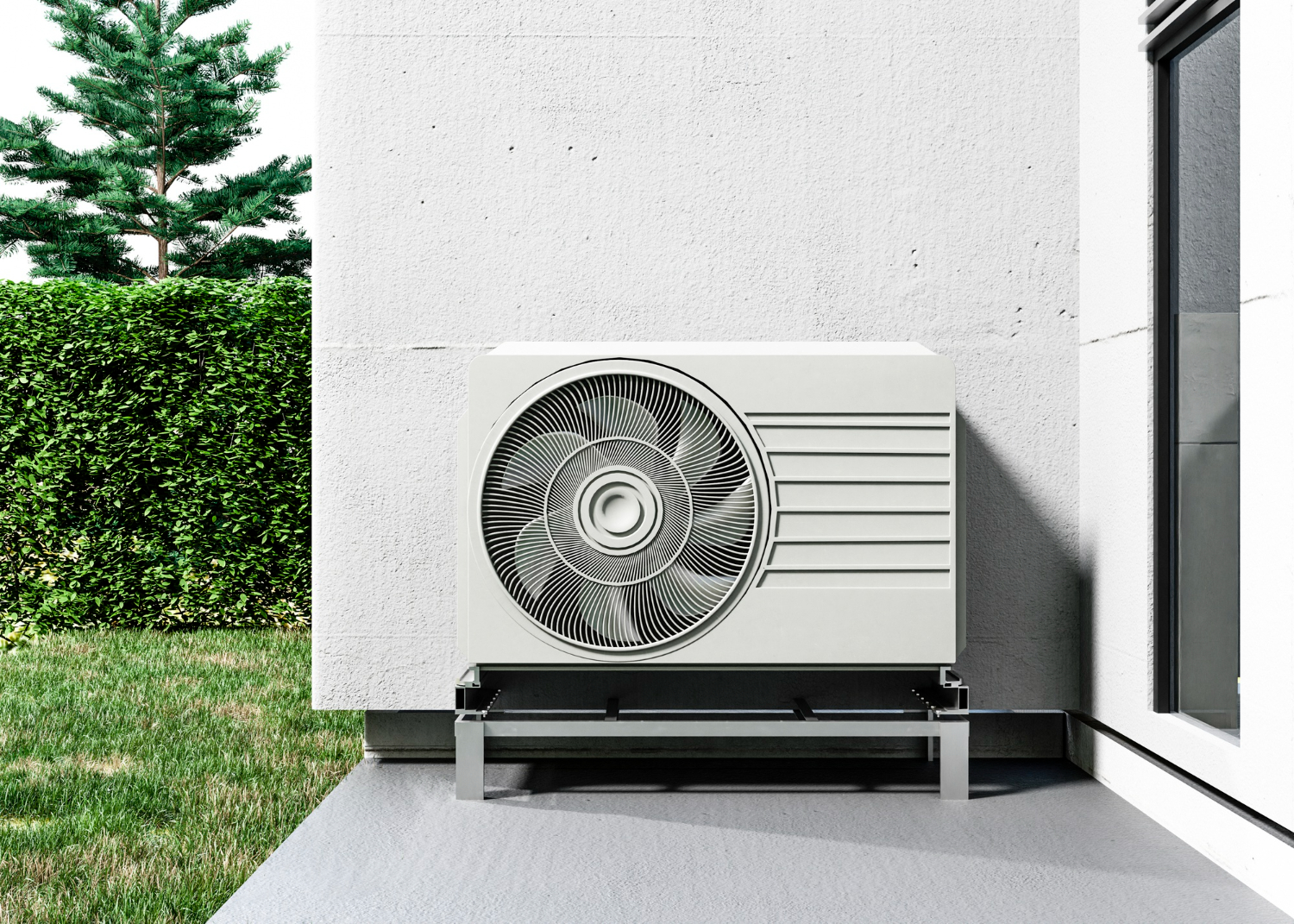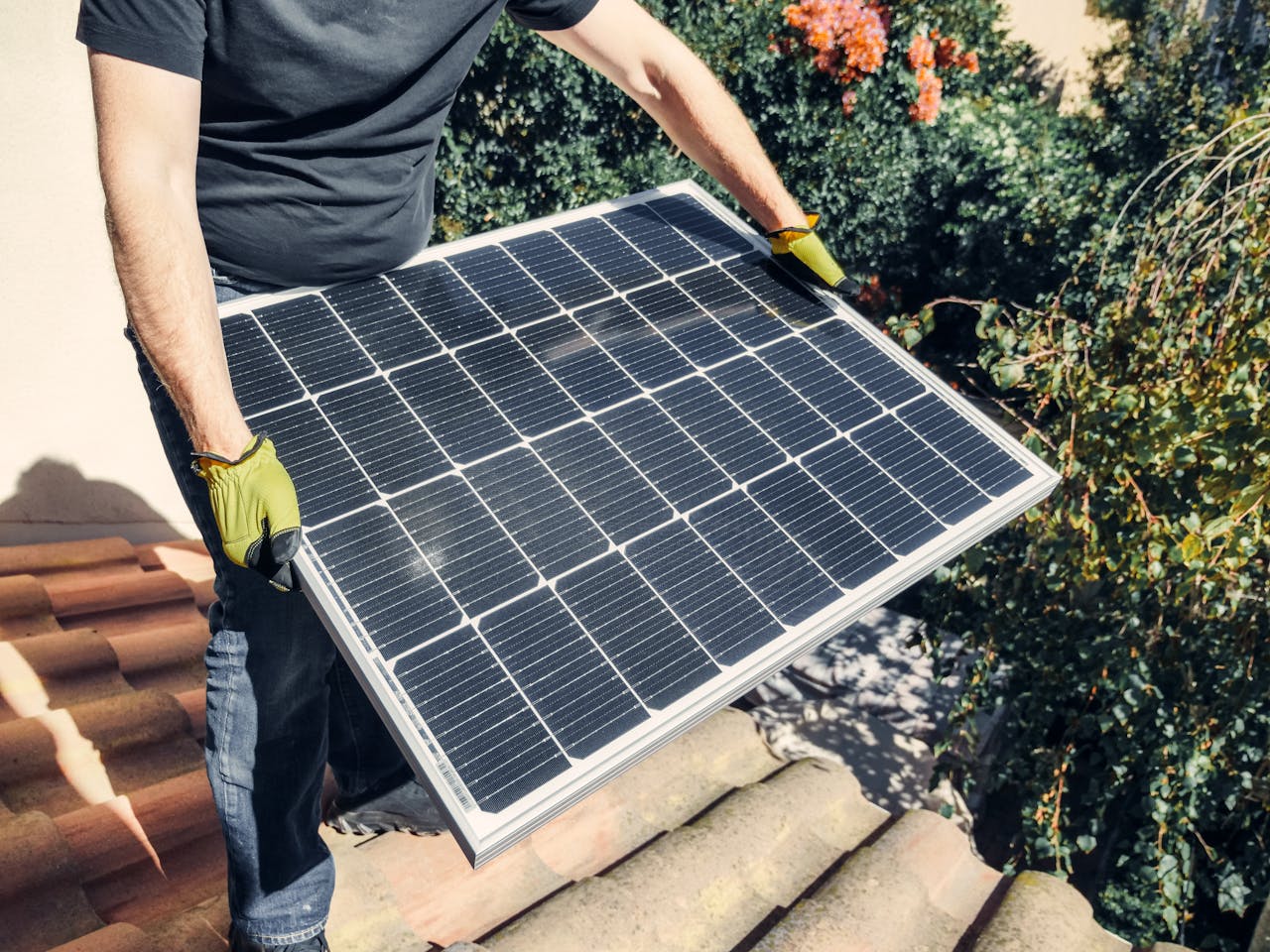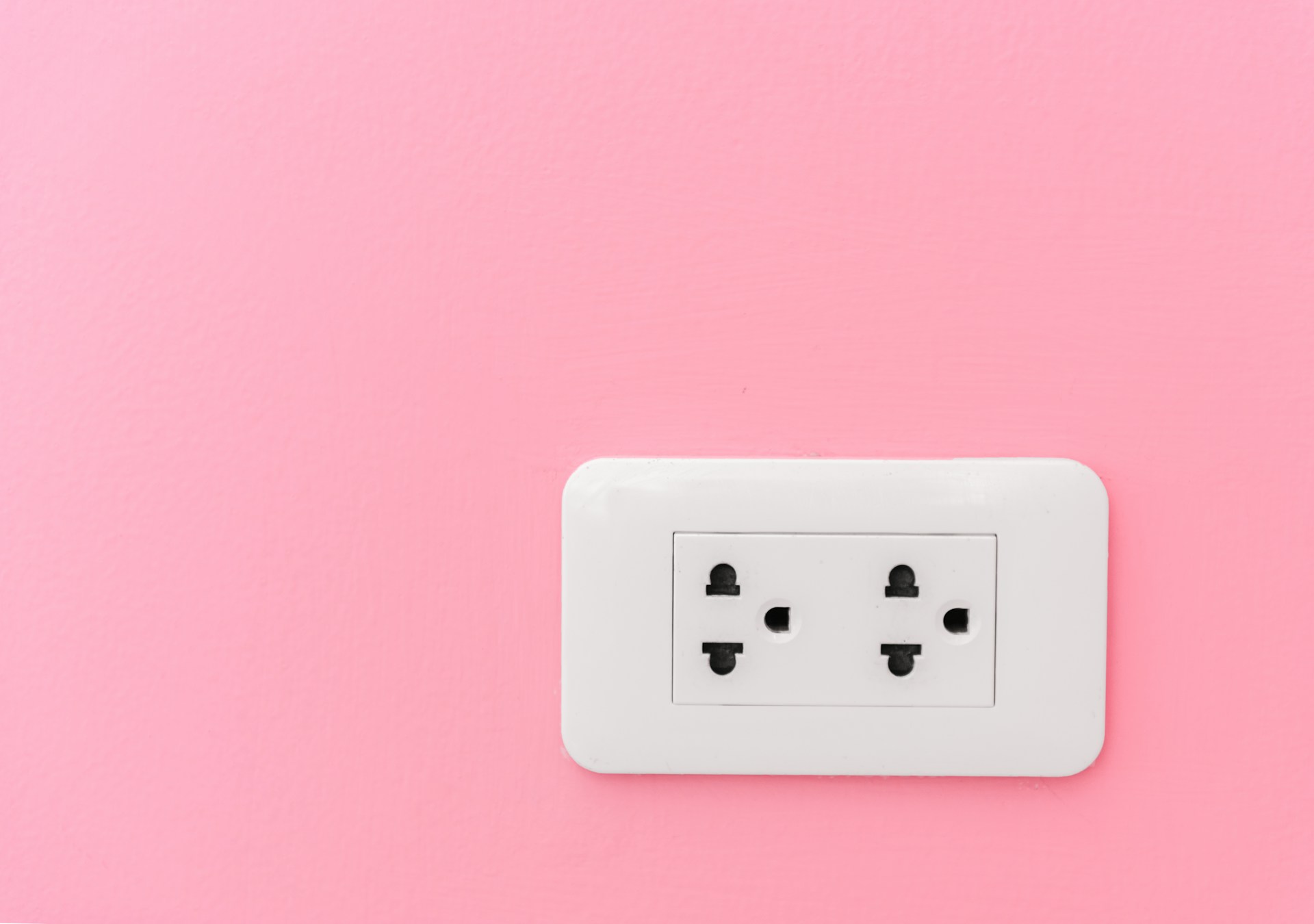
Solar Panel Mounting Hardware Corrosion: Risks To System Integrity:

Homeowners in Concord who have invested in solar panel systems expect long-term energy efficiency and system reliability. But there is one part of the system that often gets overlooked during installation or maintenance—the mounting hardware. This hardware is not just a background piece; it is what physically holds the entire system in place. When this support system is compromised by corrosion, it can cause serious problems that affect the performance and safety of the panels.
As solar energy becomes more common in residential neighborhoods, it is important to know the risks of letting key components like mounting hardware break down. Especially during late summer, when systems are working steadily day after day, hidden issues like corrosion can begin quietly. If you have been thinking about solar panel installation in Concord, checking that the mounting infrastructure can hold up in local conditions is a step you should not skip.
Understanding Solar Panel Mounting Hardware
Mounting hardware refers to the physical attachments that hold solar panels onto your roof. These include rails, clamps, brackets, flashings, and bolts. Each piece plays a role in ensuring the panels are stable and aligned, and that weight is evenly distributed across your structure. Some systems may also include tilt legs or trackers, depending on the panel setup and roof type.
While solar panels often draw the most attention, the mounting hardware is just as important. Without proper structural support, panels can shift, sag, or come loose, especially during high winds or heavy rain. The hardware also keeps panels spaced and angled correctly, which affects how much sunlight they can absorb throughout the day. A weak or rusted mount not only puts the panels at risk, but it can also damage your roof if it fails.
This is why using high-quality materials like stainless steel or aluminum for mounting hardware is important. These materials offer better resistance to environmental wear than plain steel. Still, over time, exposure to sun, rain, and temperature swings can begin to take a toll on these components.
Main Causes of Corrosion in Mounting Hardware
Corrosion in solar panel mounting hardware can happen for several reasons. Some are related to the environment, while others are due to materials or installation quality. Here are some of the most common causes of corrosion in areas like Concord:
- Exposure to moisture over time: Rain, humidity, and condensation can wear down coatings or settle into crevices where water collects. Constant moisture speeds up rust and surface wear.
- Chemical reactions with roofing materials: When certain metals in mounting systems come into contact with other dissimilar materials, such as treated wood or older roof layers, galvanic corrosion may occur.
- Poor material selection: Using low-quality metals or combining incompatible ones makes hardware more prone to corrosion. If aluminum brackets are installed with uncoated steel fasteners, the reaction between materials can make things break down faster.
- Installer shortcuts: Improper sealing, over-tightened bolts, or mixed hardware materials might not show signs of wear right away, but they greatly increase the chance of early corrosion.
- Dust and debris buildup: Hardware covered in debris tends to hold moisture longer. This trapped water helps corrosion spread, especially when it settles near mounting points or in joint areas.
Concord’s summer weather pattern of hot days followed by cooler nights contributes to condensation on rooftops and hardware surfaces. That back-and-forth exposure to heat and moisture can weaken untreated or poorly protected mountings. Even treated parts need a visual check at least once a year. One Concord homeowner discovered loose panels after a summer storm, only to find rusted brackets as the cause.
Recognizing what contributes to corrosion makes it easier to avoid or spot early. The longer corrosion sets in, the more likely it weakens the entire solar setup, leading to more expensive replacements instead of small repairs.
Risks Posed by Corroded Mounting Hardware
When mounting hardware begins to corrode, the entire solar panel structure becomes at risk. Rusted brackets and rails can shift, bend, or completely break loose. During high winds or storms, even one failed connection could cause the panels to detach, sag, or tilt out of place.
This affects more than the panels—it can also damage shingles, underlayment, or even the wooden structure of your roof. Compromised mounts can allow water into the home, ruin insulation, and in severe cases, lead to roof leaks and pest intrusion.
Loose or shifting hardware from corrosion also impacts solar energy production. Any panel that moves out of alignment, even slightly, will receive less sunlight. Because solar panels rely on exact angles for peak absorption, energy output will decline. Homeowners may also experience inconsistent power levels.
Here are some consequences of ignoring corrosion:
1. Water leaks near mounting points inside your attic or ceiling
2. Broken seals that let moisture and pests into structural roof layers
3. Incorrect panel angles that reduce sunlight exposure
4. Damage to electrical lines as hardware shifts or pulls
5. Risk of full panel detachment during high winds
In one Concord household, corroded bolts around the mounts allowed rainwater to seep into the attic and stain the ceiling in multiple rooms. The repairs ended up extending beyond the solar system to interior drywall and insulation—expensive damage that might have been avoided with regular inspection.
Preventative Measures to Reduce Corrosion
Corrosion is not always easy to spot. It starts gradually, often beneath the surface or around bolt threads. Prevention is more cost-effective than dealing with repair after damage is already done.
Here are some ways Concord residents can protect their solar mounting systems:
1. Choose the right materials – Stainless steel, anodized aluminum, and corrosion-resistant fasteners offer the best long-term durability. Avoid mixing incompatible metals.
2. Ask about matching components – All panel brackets, clamps, bolts, and flashings should come from the same system or be guaranteed compatible to prevent galvanic reactions.
3. Install proper flashing and waterproofing – Mounting hardware should be well-sealed with flashing to keep moisture out of roof layers.
4. Schedule seasonal inspections – Especially before and after summer, have a technician check bolt tension, joints, visible rust, and seal integrity.
5. Clear debris from the roof – Keep leaves, dirt, and branches off and away from panels and mounting sites so moisture doesn't build up near the hardware.
6. Watch for sudden drops in solar performance – If your system shows lower energy output and the weather has been stable, check for misaligned panels or loose brackets.
Any visible discoloration, rust spots, or hardware that looks worn should be addressed right away. Even a short walk-around the home after a storm can give signs if mounts have shifted or collected dirt. Most problems start small but can spread if ignored.
Keeping Your Solar Panels Efficient and Safe
Solar panel installation in Concord provides energy savings, but the results depend on how well the system is maintained. During summer months, panels are working more consistently. Any weakness, including corroded hardware, can worsen quickly and lead to future risks and losses.
Ensuring your mounting hardware is in good condition means checking for rust, keeping materials compatible, installing flashing correctly, and doing regular seasonal inspections. These simple steps can protect your panels and roof.
Even new installations need a follow-up after a year or two. The first seasons of heat, heavy rain, and temperature swings can test a system and reveal weak points. Whether your solar panels are new or have been up for years, keeping an eye on mounting hardware makes a big difference in safety and performance.
With a little attention and consistent oversight, Concord homeowners can prevent mounting corrosion and make sure their solar systems remain anchored, aligned, and efficient—no matter what the weather brings.
For homeowners in Concord, keeping your solar panels secure and functioning smoothly starts with proper upkeep of the mounting hardware. If you are considering solar panel installation in Concord, understanding these risks can help you stay ahead of costly repairs and disruptions. Green Air Heating and Air Conditioning, Inc. is ready to support you with expert advice and reliable service to protect your investment. For a quick estimate or to book a service visit, please contact us today.
Customer Testimonials
Our clients love the energy solutions we provide!
Ready to Transform Your Home?
















